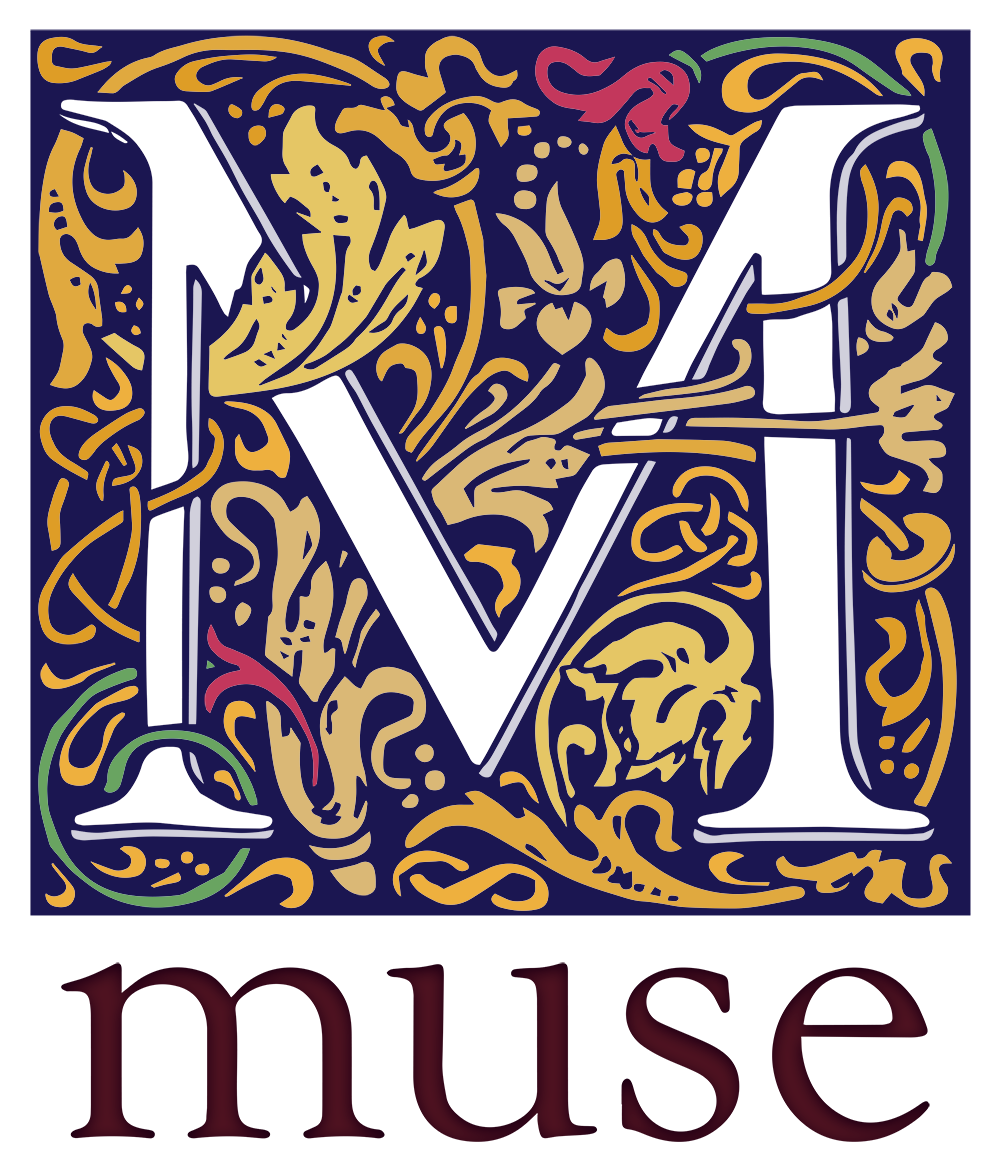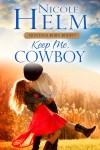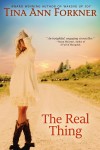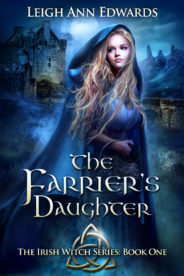Start reading this book:
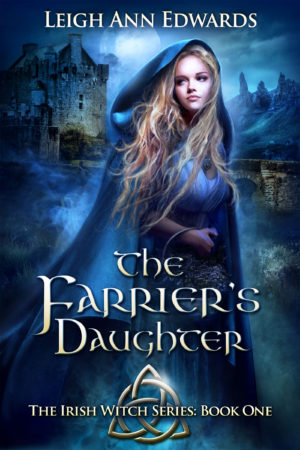
Share This Excerpt
Chapter One
Ireland 1526
The two women stood talking outside the bedchamber, trying to keep their concerned whispers from the boy inside. A small child sat at their feet, staring intently at a butterfly on the nearby windowsill. “Will he live through this, Morag?” asked one of the women. “It has been near a month since his ordeal. I thought he would heal faster, as he was always such a strong boy.”
“Aye, he’s strong, Milady, or he’d not have survived those dreadful wounds. And, he made it through the fever and the festering when I thought he wouldn’t. In truth, his wounds have all but healed. Sure, ’tis his soul that’s sorely damage. I fear he has lost all will, Milady, and all hope.” The butterfly helplessly fluttered about attempting to take flight, but to no avail. Noticing its broken wing, the child stood and walked determinedly toward the arched window.
“Aye, I’ve thought so myself, Morag. My heart breaks for him. He is only ten and two. His mother and sister passed on from the fever, not six months ago. Then, his father’s castle was scourged. He apparently watched his father and brother slain before him, and the vicious marauders left the child for dead. My husband and his army found him there on the battlefield, hidden amongst the dead bodies. I cannot imagine the horror of it!”
Morag pressed a handkerchief to her eyes.
The child glanced at the women noting their deep empathy and the older woman’s uncommon display of emotion. With a new urgency she carefully picked up the butterfly and tenderly placed it on her open palm. Assessing the damaged wing she softly traced the broken wing with her tiny finger, and then gently blew upon it. Almost immediately she watched it spread both wings and capably soar skyward. A satisfied smile crossed her small face.
“He is my husband’s nephew, Morag, so he has always been dear to me, and his mother was also my dearest childhood friend. What can I do to save her child in her stead? He will barely speak to me, save an aye or nay when I ask him something directly.”
“I believe most importantly, he must start to eat more heartily. If he doesn’t take nourishment soon, he will not regain his strength and he may very well die.”
“I have tried, Morag, truly I have.”
“I do not fault you, Milady. If his spirit is broken, and his heart is breakin’ as well, there’s little to be done to convince him fillin’ his stomach is necessary. Have ye tried gettin’ yer sons to talk with him? They’re his age, are they not?” The child returned to her position near the two women, once more intent on listening to them, her pointy chin lifted in concentration. “Aye, my twins are but a year younger than him, and they were always such good friends. Now, he barely seems to acknowledge them. We thought to take him outside just the other day, as you’d suggested, but he’d have no part of it. He simply wants to lie in that bed.”
“I fear he’s made up his mind. He’ll go to the beyond with his kin, then, Milady?”
“Oh no, Morag, we must prevent that by whatever measures need be taken!” The small child slipped past them and into the room with the ailing boy.
Sensing a presence, he opened his eyes. A child’s face hovered inches away. Bright blue eyes met his, and long golden hair seemed to surround him. He frowned and closed his eyes, again, presuming she would leave, but a breath tickled his nose and his lids opened of their own accord. She stood there still, staring down at him. Irritated, he huffed and turned over to face the opposite wall. The small footsteps receded and he thought she’d left him at last, but, when he dared a peek, he saw her peering curiously from the other side of the bed. Uttering a disapproving snarl, he turned over, once more.
“Have they cut out your tongue, then?”
Startled, he jumped as he lay, and glared. “No, they’ve not cut out my tongue. I can speak well enough. But, why would I desire to speak with the likes of you?” When she remained standing there, silently gazing at him, he snapped, “Why are you here?”
“I’ve come to look at you.”
“Aye, well, sure you’ve done that, then, so you can leave.”
“I don’t wish to leave, as yet.”
“Aye, but I do. I demand you leave this room this very minute!”
“Make me!” she challenged.
“Would you have me beat you, you wee pest?”
“You haven’t the strength,” she taunted.
Throwing aside the bed covers, he jerked upright, only to fall back on the pillows as his head spun. “Are you addle-minded, girl?” he growled.
“I am kin to your chieftain. You should not provoke me! I could have you thrown in the dungeon!”
“They do not throw children in the dungeon in this castle. Our chieftain is a fair and just man, and why would he throw me in the dungeon? What wrong have I done?”
“You’ve disturbed my rest.”
“You’ve rested long enough,” she said, attempting to plump his pillows. He refused the gesture by stiffly pulling away from her. She was not to be dissuaded and she plunked herself upon his bed. “Why not play a game with me, boy?”
“I am not a boy, I’m a man—” the girl coughed “—or nearly, at any rate. And do you think I look as though I want to play games with a stupid girl-child?”
Her blue eyes narrowed slightly and she lifted her chin. “Are you fearful of losing to a girl-child?”
“I could win any game against you!” he snapped, his nostrils flaring in displeasure. “You’re hardly more than a baby. What is your age?”
“I am five years your younger.”
“And why should I want to play a game with the farrier’s daughter who is but seven years old?”
“And how is it you know who I am?” she demanded, placing her hands on her hips.
“I’ve seen you about with my cousins, a time or two.”
“But, why did you remember me?”
“I remember your pretty, er, long golden hair.” He blushed, then, spit out, “And you have strange eyes, an odd shade of blue.”
“I remember you as well, Killian O’Brien. You were once fleet of foot and as swift and skilled as your cousins at long-bow, skean, and sword.”
“I am stronger and more skillful than either Rory or Riley.”
“They train constantly and grow more capable each day while you choose to lie in this bed. Sure, they have surpassed your abilities by now.”
“Why would that concern me?” he snarled.
“I thought it was important to all O’Briens to remain strong and courageous and unfaltering.”
He leaned toward her, his face red with anger. “It is important to me, as well!”
“But you have faltered,” she whispered. His eyes blazed and she hurriedly hopped off the bed, capably dancing out of his range and away from his fury.
“You have no right to condemn me!” His bottom lip trembled slightly. “You know nothing of what has happened to me and mine!”
“I know some.”
“Aye, well, don’t you think anyone might falter if they’d suffered this?” He pulled open his nightshirt to reveal a long purple gash that ran from nape to navel. The welted scar was raised and angry, but no angrier than the boy who possessed it. Tears brimmed in his eyes and he fought valiantly to stem them.
“ ’Tis a proud battle’s scar you possess, Killian O’Brien,” she murmured. He sat up higher at her praise. “But you’ve lived through the battle and now you must live on past the battle, for that is what warriors do. Are you not to be a chieftain, one day?”
His pain-filled eyes met hers. “I thought I would, but I no longer see the glory in it. My body has healed, but I fear my heart never will.”
“It will take longer,” she soothed. “Wounds of the heart always do.” He found himself relaxing and he now allowed her to prop the pillows behind him so he sat upright. Neither child heard the women approaching the door.
“Oh Milady, she’s in there with the lad,” Morag said, an eye pressed to the crack of the door. “She doesn’t usually disobey me so. She knows she’s not to interfere in my healing! She’ll be chattin’ his ear off, there’s little doubt of that.”
“But Morag, listen,” the chieftain’s wife urged. “He is responding to her.”
“Aye, he’s probably complainin’ about the incessant chatter for she’s a wee gabber, she is! But no matter, if her rilin’ him has spurred him to speak, so be it.”
“Praise be spoken to the gods for sending the dear child if she is able to help him.”
“Aye, then best we leave her with him awhile longer,” Morag whispered, softly shutting the door.
“So, Killian O’Brien, will you play the game with me?” asked the girl, settling on his bed, once more.
“What type of game is it? A game for girls to play?” he sniffed.
“No, ’tis a game anyone can play. ’Tis one I created. There are few rules so it will be easy enough for you to learn.” He scowled at this. “But if you win this game, in truth, you lose, for it is called My Plight is Greater.”
“Sounds dim-witted to me. When I play a game, I like to win, and, given my circumstances, it is unlikely your plight could be as great as mine.”
“Do not be so certain,” she said, lifting an eyebrow.
“How, then, do you begin?” he demanded. “Who starts?”
“You may, if you like.”
“No, since ’tis your game, you begin. But what is your name, girl, or should I simply refer to you as the farrier’s daughter?”
“It is Alainn.”
His green eyes caught hers and he blushed again. “That is an unusual name.”
“Aye, it is Gaelic for lovely. My mother named me, but I cannot recall anything about her, so that is how I shall begin.” She clasped her hands on her lap. “My mother died when I was only months old.”
“Aye, well, I lost my mother just months ago, so my grief is still fresh.” His eyebrows contracted at the memory of it.
“But my plight is greater,” she went on candidly, “as I did not know a mother’s love, and I do not even have memories of her to console me.”
“Aye, but it hurt me all the more to have had her and to have lost her!”
“But you had her love, her nurturing and affection for a dozen years.”
He rarely allowed himself to think about his mother for it was still too painful, but this small girl had never even known her own mother, so he decided she presented an arguable point. “I’ve lost a sister, and now my brother, too, only recently.”
“But you had a brother and sister to play with and confide in, to tell secrets to and to grow with. My parents were very old when I came to be. I have heard it said it was a miracle that I was born at all, as my mother was a half-century and seven at the time of my birth and my father a decade older. So, I never knew what it was to have a sibling or to be a sister.”
“But, how can you miss what you never had?” he asked, leaning forward.
Her determined face was only inches from his own. “I know what I have missed out on.”
He contemplated this and thought, perhaps, she was correct, for he would always treasure his time with his brother and sister no matter how much his heart ached with the loneliness of losing them. He sat up straighter and took his turn at the game. “My father is gone now, as well, and your father still lives, so there is no disputing my plight is greater.”
“Aye, my father lives, he is old and ailing, but he still lives, and just outside the castle walls, but I do not live with him. My father turned me out when I was but three years of age.”
The boy hadn’t known this about the child. “He turned you out? Where do you live, then?”
“He sent me to live with Morag.”
“You live with Morag the Wise Woman!” he blurted. “You’ve clearly won this round, for your plight is truly greater! She may be a noted healer, but she is a wretched old crone. She is wicked and miserable, and her potions are bitter! My father used to say she was older than dirt, even back when he was a child.” She giggled and he smiled back, liking the sound of her laugh. The smile felt foreign on his face.
“She is not as prickly as she appears. ’Tis true she is strict and has strong opinions and expectations, but I owe her much.”
Killian thought her a loyal sort to defend the old woman. He knit his brows and asked, “But why would he have you live with Morag?”
“She has raised other girls.”
“But, why would he turn you out? Did he think he could not raise a girl-child on his own?”
“Perhaps, that is part of it, but mostly,” she said, dropping her gaze and picking at the bed covers, “it is because he fears me.”
He snorted. “He fears you? Why ever would he fear a small girl like you, and his own daughter?”
She snapped her eyes back up and whispered, “Because, I know of magic.”
Killian smirked. “Of course you know of magic, everyone knows of magic. We live in Ireland. Everyone knows of fairies and druids, and the like. Magic cannot be disputed, even if the priests do not take kindly to these beliefs.”
“Aye, but I can do magic.”
End of Excerpt



